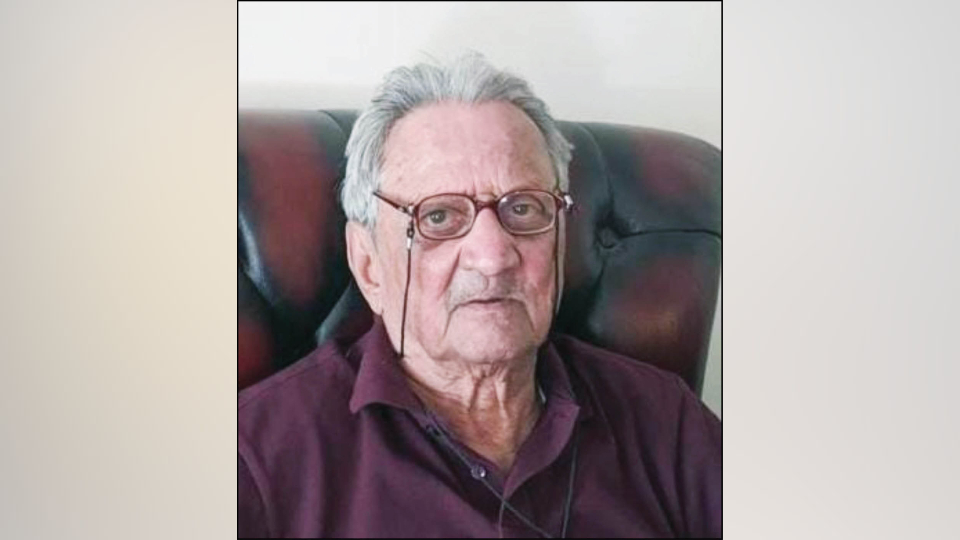Copyright eyeradio

However, Maj. Gen. Justin noted that Gumbo Shirkat remains the biggest challenge in efforts to curb gang crime. Speaking on the Around South Sudan podcast on Eye Radio on Friday, Maj. Gen. Justin revealed that police previously recorded murder cases almost daily in Lologo, but those incidents have now stopped. Lologo: From Gangs to Development Maj. Gen. Justin explained that the police directly approached rival gangs in Lologo and successfully helped transform them into a youth development group. He detailed the strategy: “In Lologo, we used to register death cases almost weekly, if not two. But now we managed to talk to these gangs because there are groups of different types, and then they used to fight each other,” Maj. Gen. Justin said. “We started to approach them. At the end, we brought them together. Now we have changed the name of the group to Lologo Youth for Development.” The initiative was supported through the Police Community Relations Committees and awareness campaigns addressing drug abuse and alcoholism. The initiative has helped young men rebuild their lives. “Some of them [Gang] were having some challenges, such as schooling, but through our partners, we managed to involve them in many activities. Some have already joined the technical school, and some have even joined the police,” Maj. Gen. Justin stated. Gumbo’s Persistent Problems Despite the success in Lologo, Maj. Gen. Justin said Gumbo Shirkat is still a major concern. “Juba Gumbo Sherkar is still, but we are there doing our best, and the community also is helping a lot,” he noted. He pointed out that the presence of several companies in the area attracts many idle youth, which increases the risk of criminal activity. Police efforts in the area are now focused on addressing drug and alcohol abuse, especially in schools, and enforcing the city council bylaws banning their sale. Encouraging Reporting and Protection Major General Justin added that some young people have managed to leave gang groups, but often fear retaliation if they report their former members to the authorities. He said police are encouraging them to speak up by reporting such issues to teachers, community leaders, or local police officers for protection and guidance. “Some of these Gangs manage to escape from those types of groups. Some of them fear that if they report, they will be harmed by the group,” Maj. Gen. Justin said. “We slowly talk to them that whenever there is such a thing, you are to share it with us, share it with your school masters, share it with the community leaders in your residential area. They will help you out.” The police, with partners, are also engaging youth in positive activities such as sports to keep them away from crime and drug abuse. He added that parental monitoring is crucial: “especially the parents. I’ve talked to them very the mothers.” PCR Committees Strengthen Security Under Article 15 of the Police Act, the National Police Service has established Community Relations Committees (PCRCs) in residential areas to strengthen security and cooperation. These committees are responsible for ensuring community safety. Each committee is chaired by the local community leader or sultan, and the police division commander or inspector serves as the secretary. Members include representatives from youth groups, women’s associations, local dignitaries, and local council members. They meet monthly to discuss security and coordinate crime prevention efforts. Maj. Gen. Justin commended the public’s cooperation, confirming that these community policing initiatives have helped reduce crime not only in Juba but also across other states and border areas, including Renk, Yei, and Kajo-Keji. “This year, the situation is a bit better, because as a result of our involvement in these Community Relations Committees (PCRCs) and outreach awareness, we talk to the people,” he concluded.



